Charcoal filters are a form of activated carbon used in vacuum cleaners, ovens, air purifiers, and trash cans for air filtration. They are also used in water filtration systems to remove bad taste and impurities from water. Charcoal water filters remove water contaminants through adsorption, whereby particles are trapped on the water filter's surface. This process is achieved because water and contaminants are polar compounds and thus attract one another. Due to their complexity, activated carbons can only be classified based on industrial applications, preparation methods, and size.
Types of activated charcoal filters
One of the most popular types of charcoal filters is granular activated carbon. This category has loose activated carbon granules and is mostly used in household water filtration systems. The granules are loose, thus allowing an easy and fast flow of water. These carbon filters are affordable and easy to install. They reduce bad odors and tastes caused by chemicals like chlorine, making the treated water tasty. The interesting thing about granular activated carbon is that it leaves essential minerals in the filtered water. The second type is the carbon block filter. Carbon blocks contain fine granules that are held together with a bonding agent formed through heat and pressure. Contaminated water flows through the side, sending filtered water out at the top. The filters are connected directly to a home water supply. They are easy to install and reduce chemicals, such as pesticides, from the charcoal water filtration system.
Effectiveness of carbon filters
The effectiveness of charcoal filters depends on what they are designed to achieve. Charcoal water filters vary in function, design, size, efficiency, and life cycle. Also, different activated carbon filters are designed to allow a particular water flow rate through the filtration process. After filtering about 150L of water, activated carbon needs to be replaced. Activated carbon from agroforestry waste residues like baobab shells and macadamia nut shells can remove heavy metal ions from water. Charcoal and activated carbon remove contaminants such as industrial solvents, polycyclic aromatic hydrocarbons, and pesticides. The water turbidity and flow rate determine the efficiency of contaminants removal from water. The removal efficiency decreases with an increase in water turbidity and flow rate. Saturation of these filters can also result in the trapped contaminants being released back into the treated water. Also, when particles accumulate in the coal filter, they may leave room for bacteria that may be released into the filtered water. It is, therefore, necessary to change the filters every year.
Advantages of carbon filtration
Charcoal filtration reduces odor and chlorine in water, making it tasty. Also, carbon filtration utilizes naturally available materials and, therefore, is affordable. The carbon filtration process ensures that healthy minerals remain intact, thus making the filtered water conducive to body health. Additionally, carbon water filters are easy to maintain, requiring only a yearly cartridge replacement.





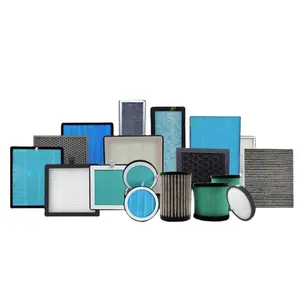




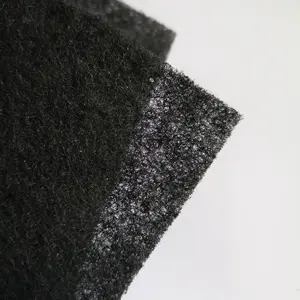









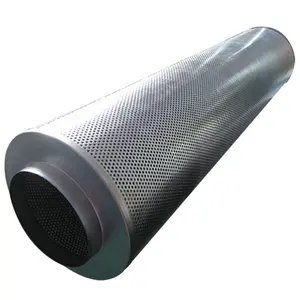

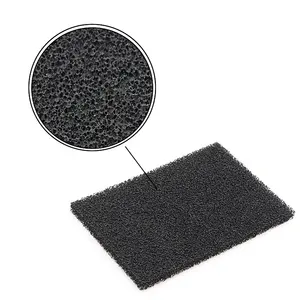











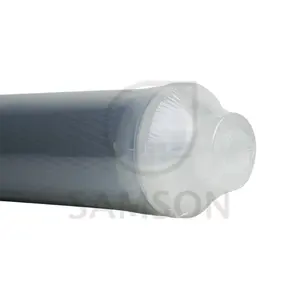







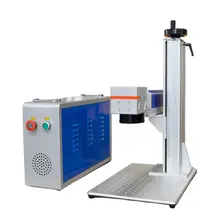
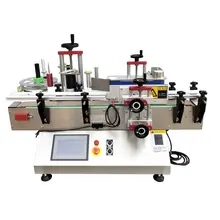



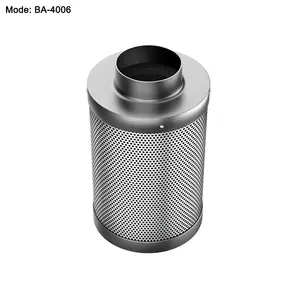
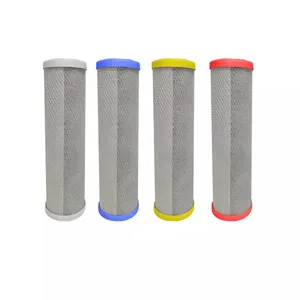
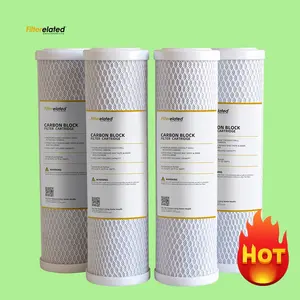


























 浙公网安备 33010002000092号
浙公网安备 33010002000092号 浙B2-20120091-4
浙B2-20120091-4